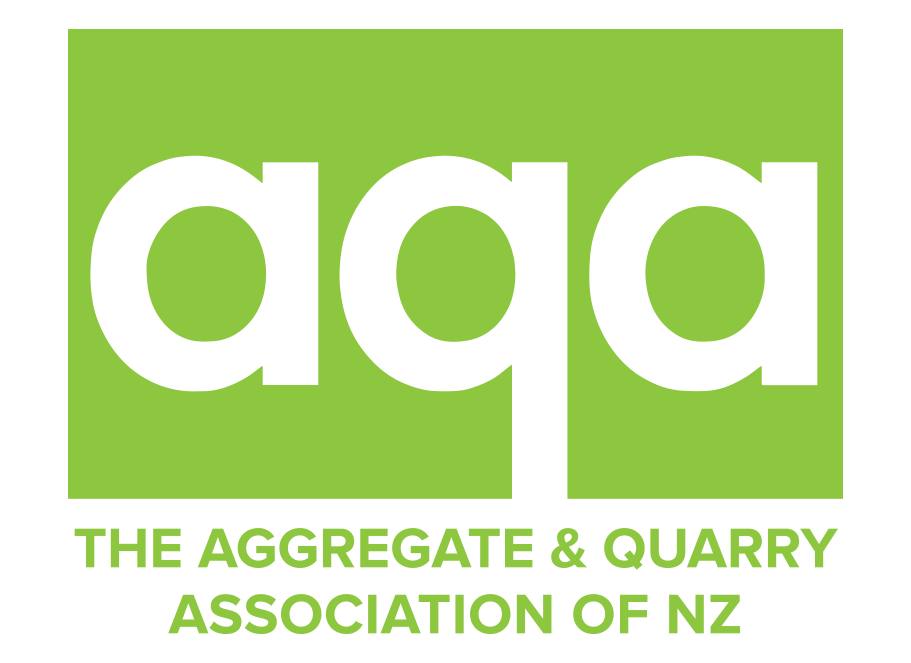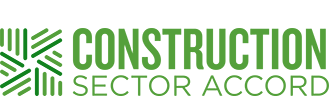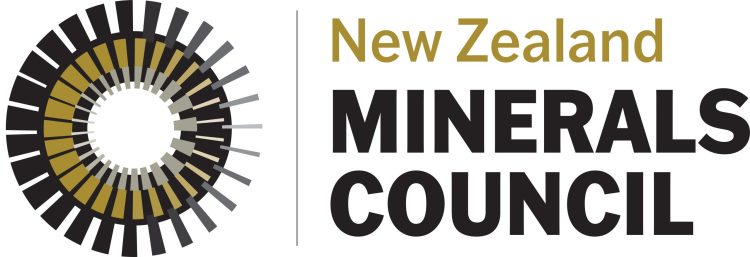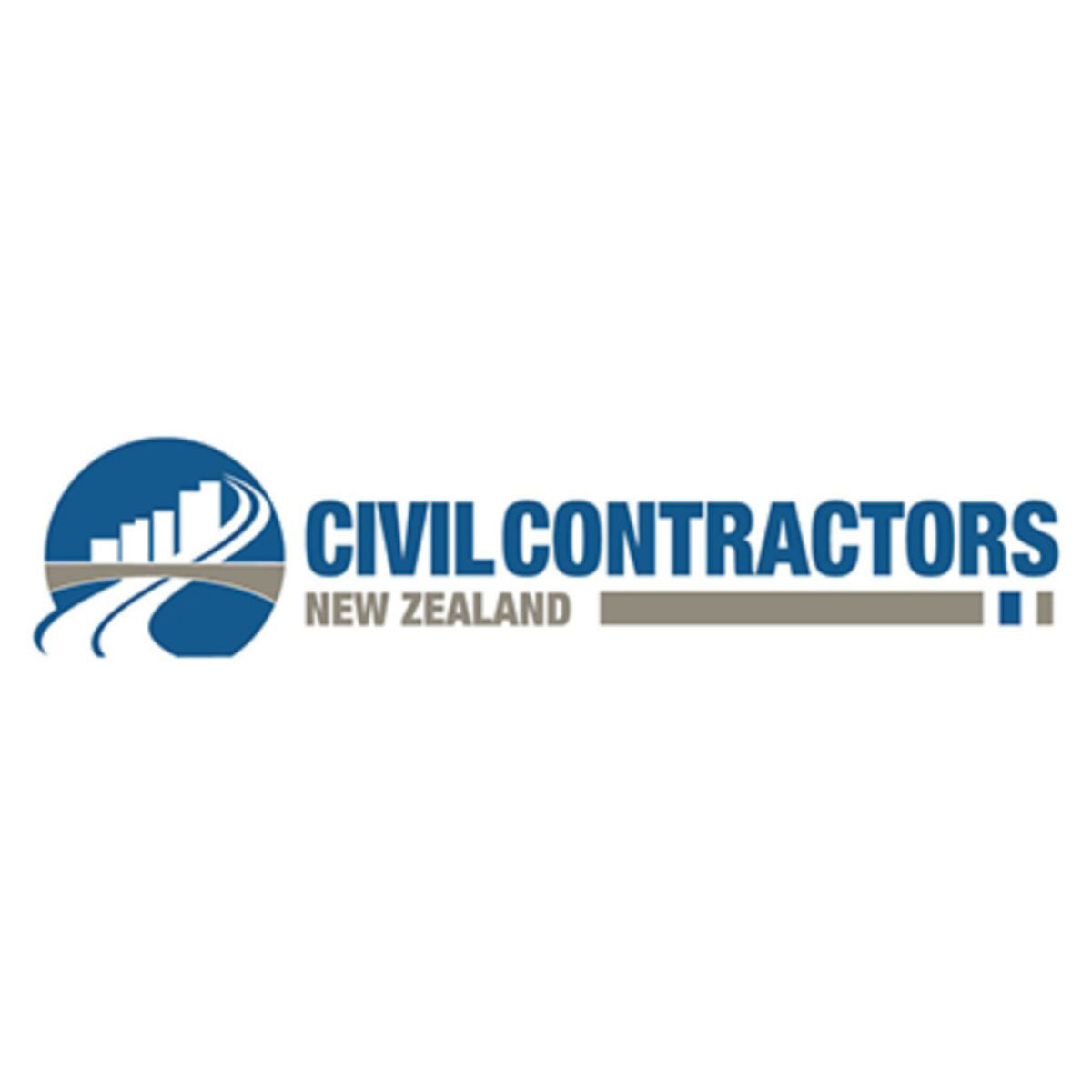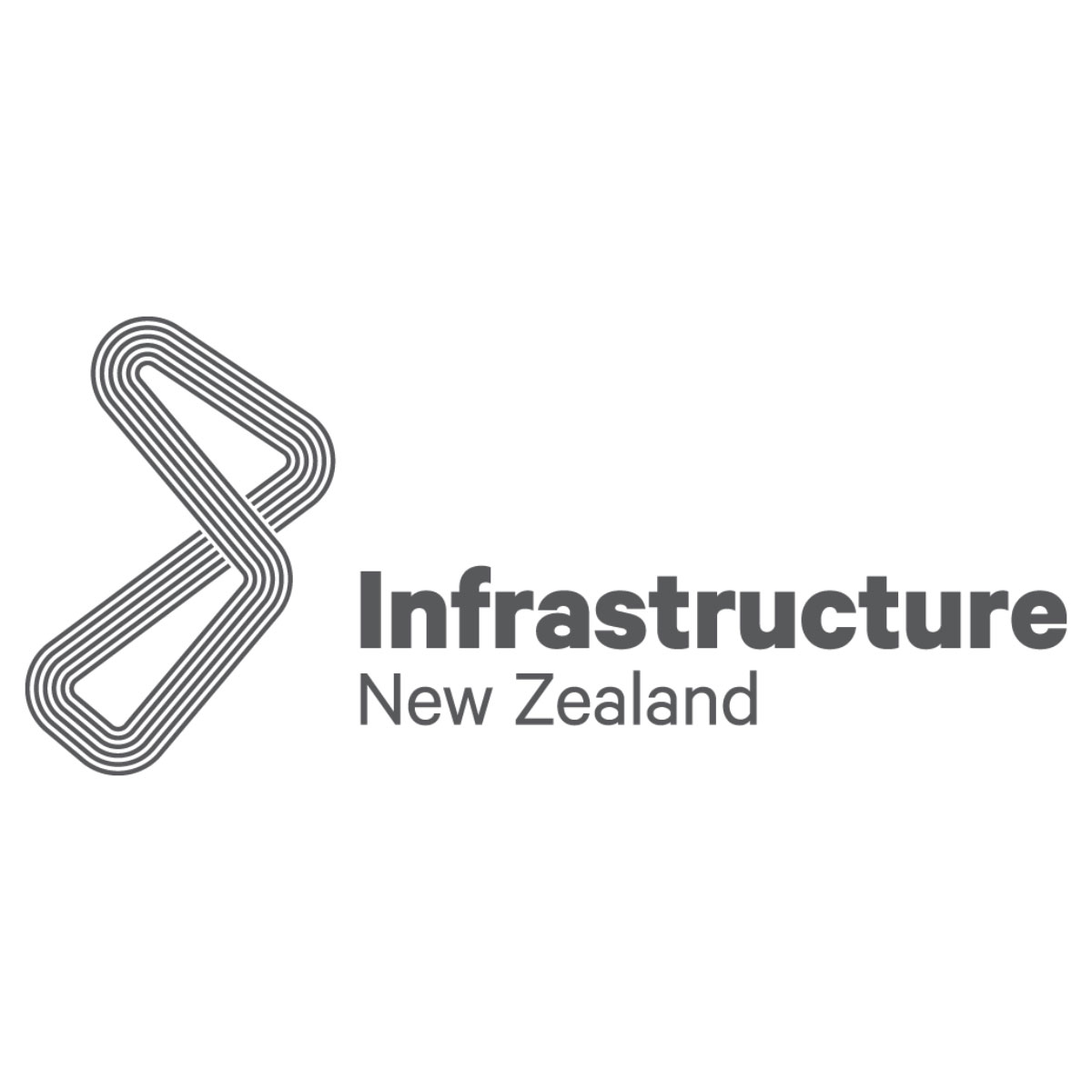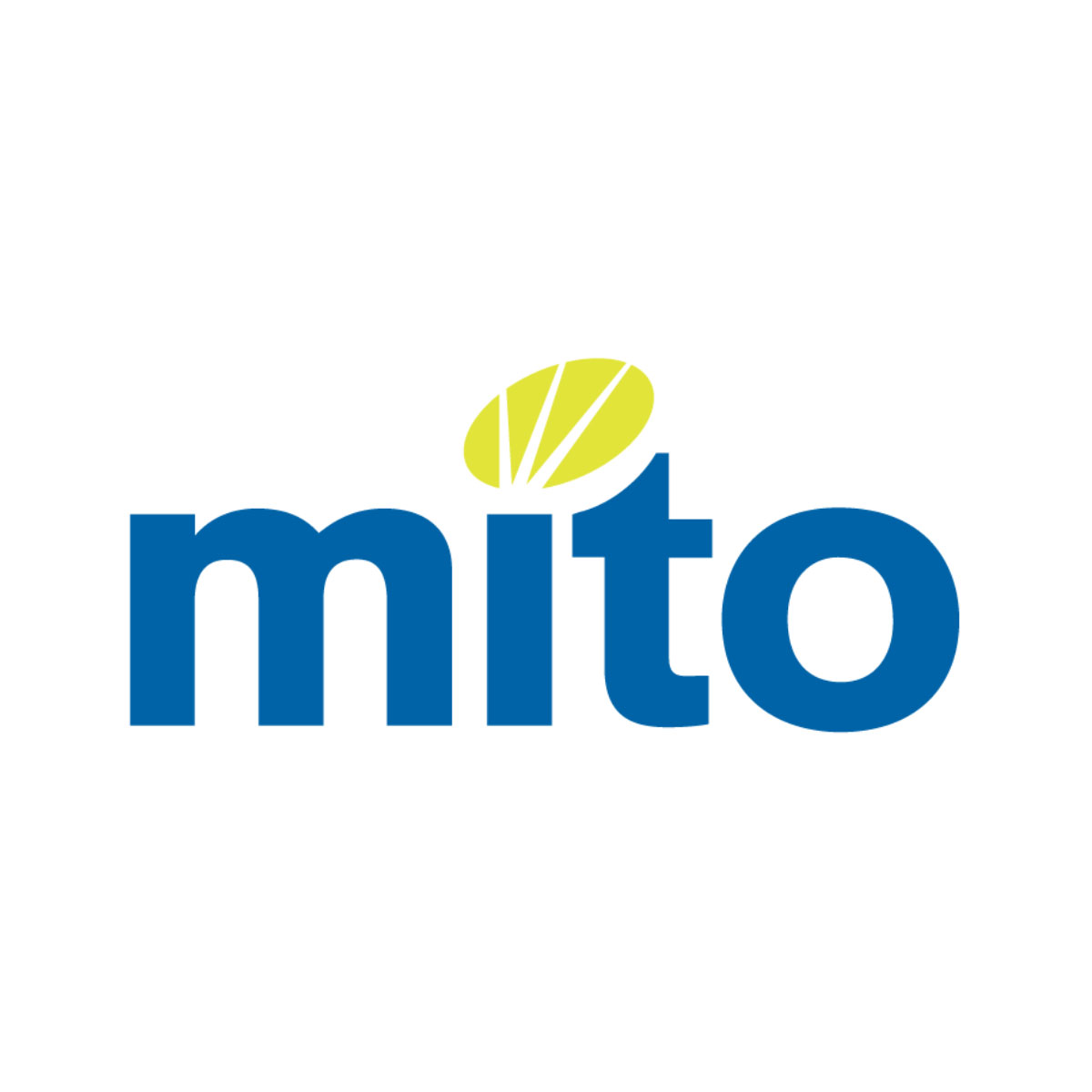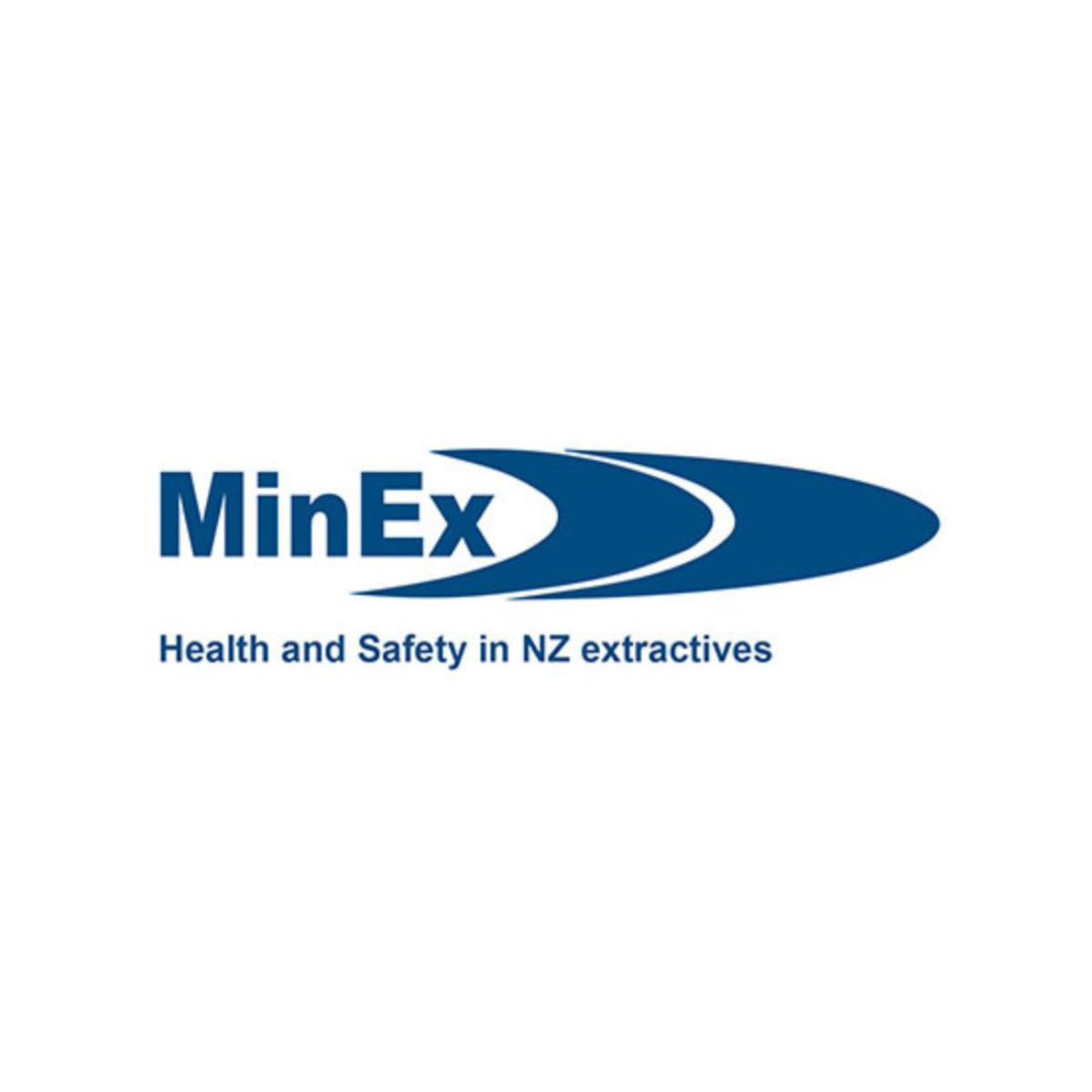AGGREGATE & QUARRY ASSOCIATION
Industry Providers
MITO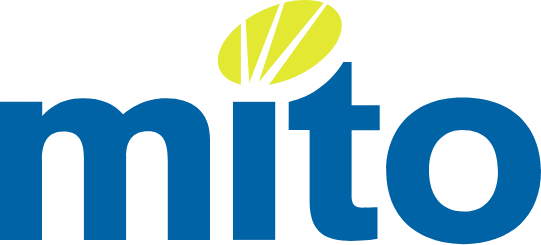
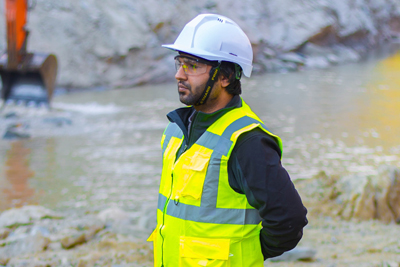
MITO is the industry training body. You can find details on MITO’s website about how to get the right trainingto get into the industry and about Certificates of Competence training.
To find out more about Industry training, head to MITO.
Members are able to see more on technical in the members only section.
MinEx
MinEx is the national Health and Safety Council for New Zealand’s extractives sector – mining, quarrying, and tunnelling
Our principal purpose is to help the industry achieve its goal of being free from fatalities, injuries and diseases.
MinEx also provides centralised industry representation with Government and other agencies on health and safety legislation, regulations, guidelines and training.
MinEx represented the mining, quarrying and tunnelling sector as the Government developed the new Health and Safety at Work Act and associated regulations/guidelines. This ensured these are workable and will deliver better health and safety in our sector.
Tai Poutini 
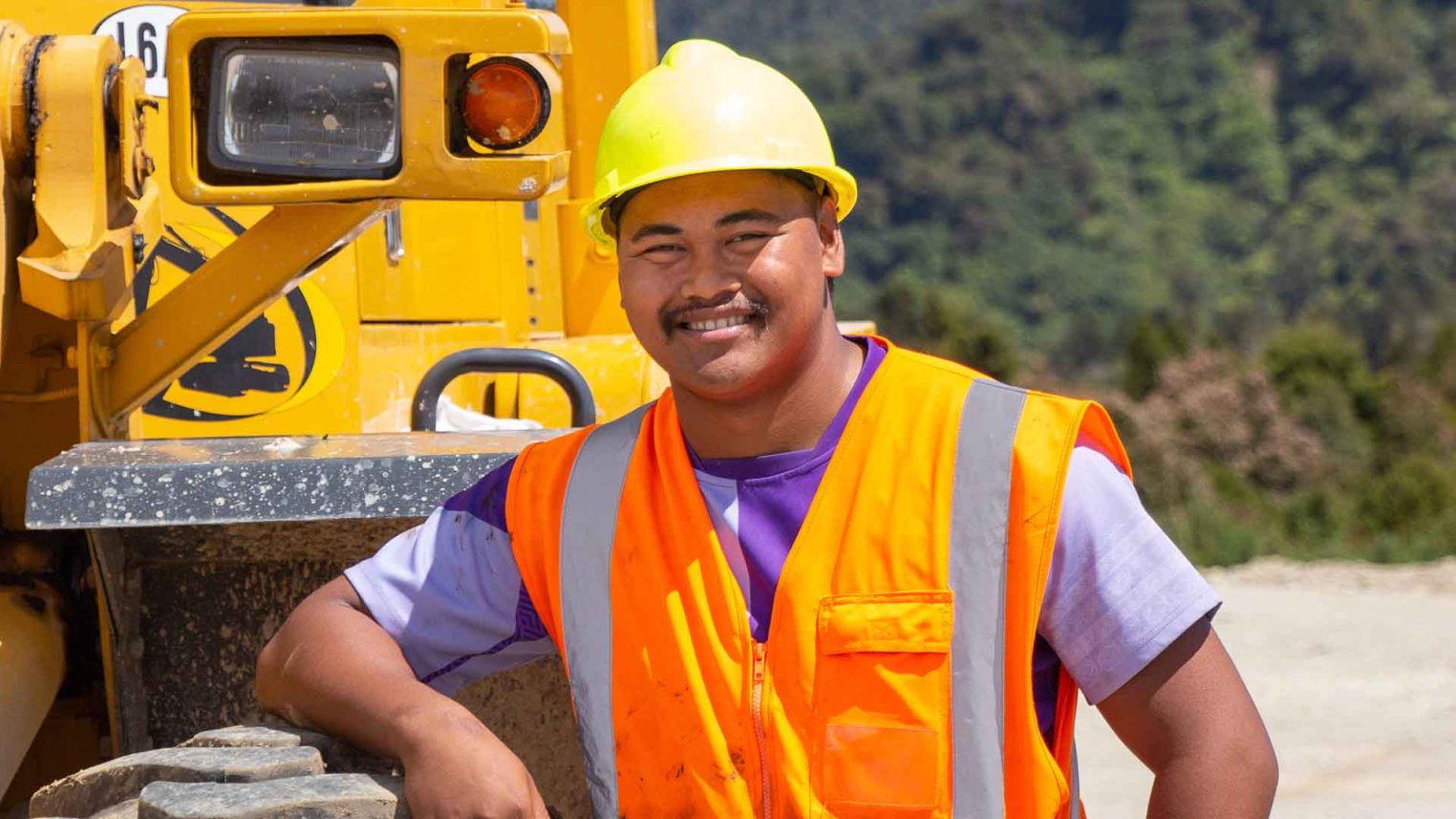 Tai Poutini Polytechnic (TPP) is a vocational education provider in New Zealand, offering a range of programs designed to meet the needs of students and industries, particularly on the West Coast. TPP provides hands-on, career-focused training.
Tai Poutini Polytechnic (TPP) is a vocational education provider in New Zealand, offering a range of programs designed to meet the needs of students and industries, particularly on the West Coast. TPP provides hands-on, career-focused training.
Tai Poutini offer a number of courses, from Explosive Training to the National Certificate in Extraction Industries for A & B Grade Quarry Managers.
Information of the courses are on the website.
ACT SAFETY
Act Safety specialise in health and safety training and consultancy services. They offer a wide range of courses and services aimed at improving workplace safety and compliance. Their offerings include:
- Health and Safety Training: Comprehensive courses covering various aspects of workplace safety, including hazard identification, risk management, and emergency response.
- Consultancy Services: Expert advice and support to help businesses develop and implement effective health and safety management systems.
- Auditing and Assessments: Conducting thorough audits and assessments to ensure compliance with health and safety regulations.
- Customized Training Solutions: Tailored training programs to meet the specific needs of different industries and organizations.
Act Safety aims to empower businesses and individuals with the knowledge and skills needed to create safer work environments.
MINES RESCURE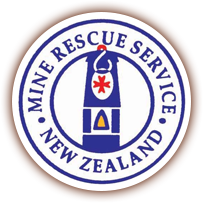
Mines Rescue is a specialised organisation that provides emergency response and rescue services in the mining industry. They also offer training for Certificates of Competency (CoC) and other safety training programmes to ensure miners are well-prepared for emergencies.
MORE LIKE THIS
ABOUT QUARRYING IN NEW ZEALAND
USING AGGREGATE
Aggregates are the most consumed bulk product in the world after water. New Zealand uses 9-10 tonnes of aggregate every year for each adult and child.
BUILDING NZ
To build an average house, you need about 250 tonnes of aggregate - for use in concrete, asphalt, mortar and building products.
OUR COMMUNITY
The quarry industry is committed to working alongside local communities and follows stringent planning, environmental and operating conditions.
AFFILIATED ORGANISATIONS

